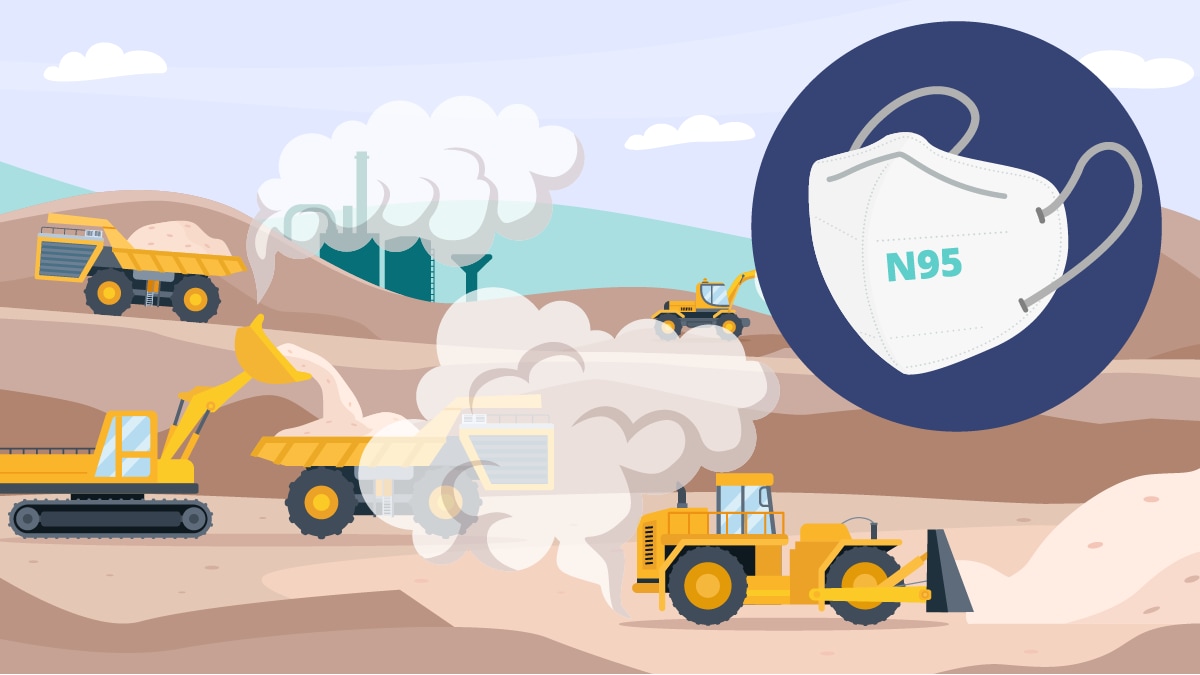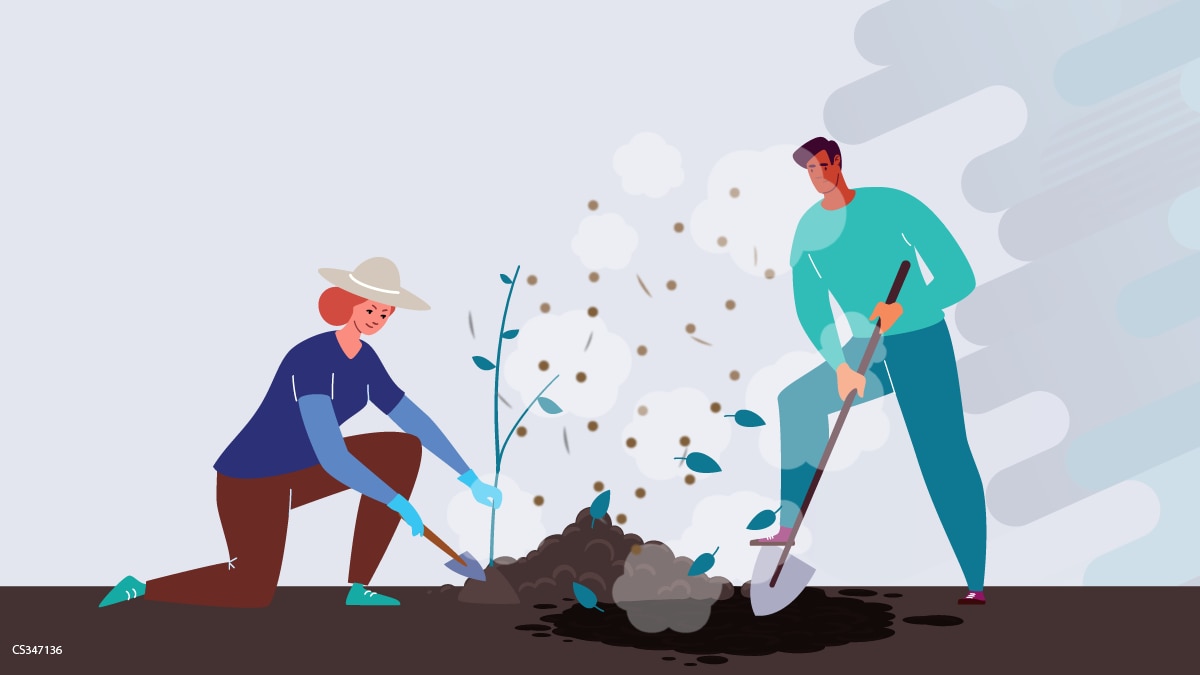Key points
- Histoplasmosis is an infection caused by a fungus called Histoplasma.
- Activities that involve plant matter or disturb soil, particularly soil that contains bird or bat droppings, can increase risk for histoplasmosis.
- Certain groups of people are at higher risk for developing severe histoplasmosis.

Overview
Anyone can get histoplasmosis if they've been in an area where Histoplasma lives in the environment. Breathing in spores from the fungus can cause illness but most of the time people do not get infected. It cannot spread between people or between people and animals.
Where it is circulating in the environment, it is difficult to avoid breathing in fungal spores. Avoiding activities that involve plant matter or disturb soil, particularly soil that contains bird or bat droppings, reduces risk for histoplasmosis.
Who is at risk
Populations at risk
Certain groups of people are at higher risk for getting histoplasmosis and for more severe infections, including people who:
- Have HIV/AIDS.
- Receive an organ transplant.
- Take medications such as corticosteroids or TNF-inhibitors.
- Are exposed to large amounts of the fungus such as:
- Outdoor workers
- Construction workers
- Farmers, especially if handling or cleaning up after chickens.
- Outdoor workers
Adults over the age of 55 and infants are more at risk for histoplasmosis.
Risk for re-infection
It is possible to get histoplasmosis more than once, but it is usually milder after the first infection. The body's immune system that built up to fight the first infection offers some protection.
People with weakened immune systems may not fully fight off histoplasmosis after their first infection even if they feel better. It can remain hidden in the body for months or years and later cause symptoms again (relapse of infection).
Prevention tips

It is difficult to avoid breathing in Histoplasma in areas where it's common in the environment. There are still some ways to reduce exposure and risk.
Eliminate exposure to bird or bat droppings
Large amounts of bird or bat droppings should be cleaned up by professional companies that specialize hazardous waste removal.
Avoid soil disruption
Avoiding activities that disturb soil or increase exposure to plant matter or bird or bat droppings can help prevent histoplasmosis.
Some activities that may increase the risk for histoplasmosis include:
- Cleaning chicken coops.
- Exploring caves.
- Cleaning, remodeling, or tearing down old buildings.
- Landscaping and farming.
- Gardening and yardwork
Many of these activities are regularly performed by people in certain occupations. There are additional steps for employers and workers to take to prevent histoplasmosis. For example, construction workers can wear protective masks, like N-95s.
